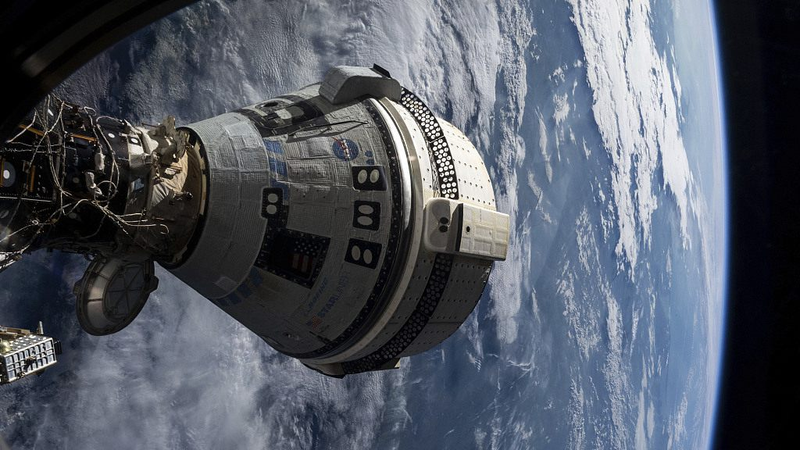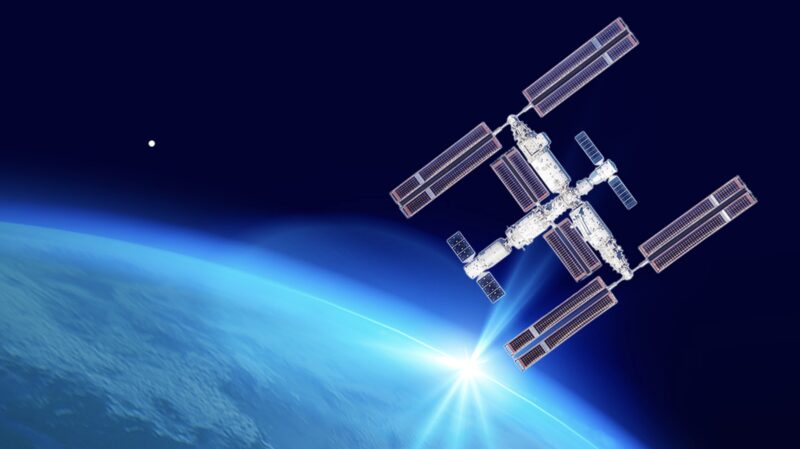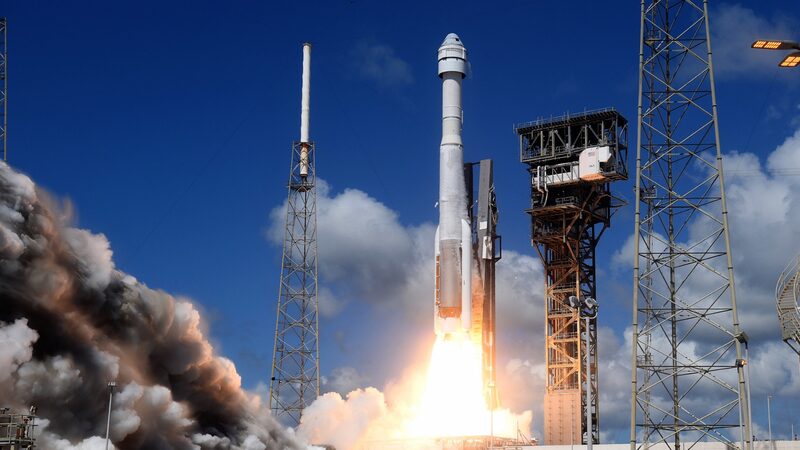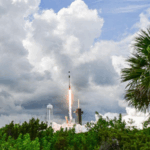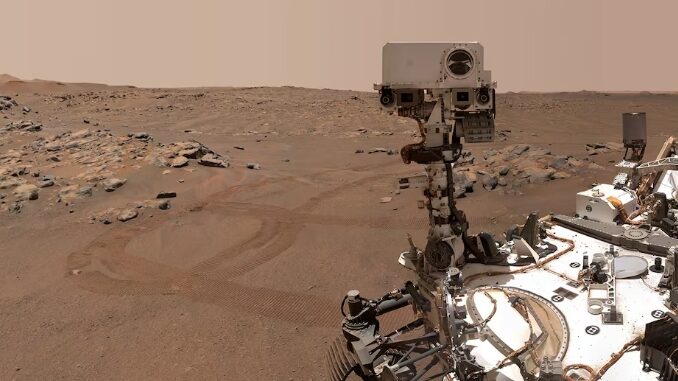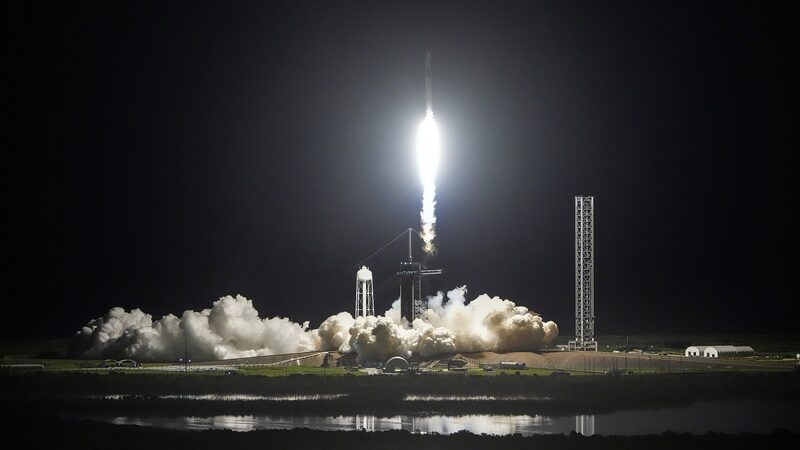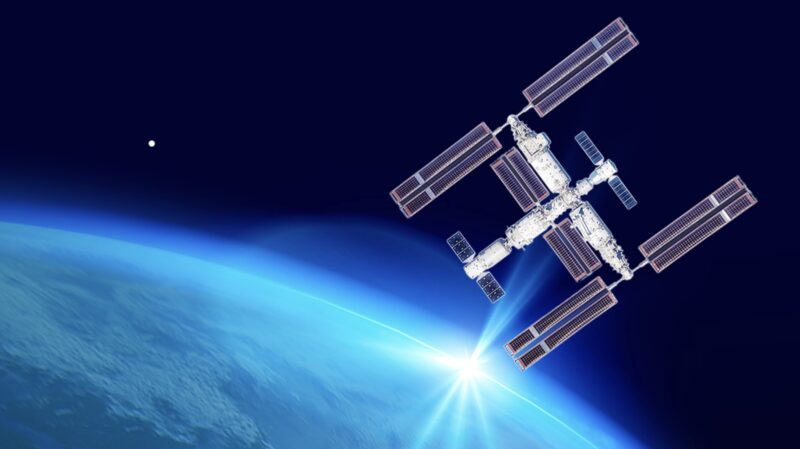New research funded by NASA reveals that spaceflight accelerates aging in human blood-forming stem cells, raising concerns about long-term astronaut health and offering insights into human aging processes. The study, published in Cell Stem Cell, analyzed samples from four SpaceX missions to the International Space Station between 2021 and 2023.
The Study’s Approach
Scientists compared hematopoietic stem cells – responsible for producing blood and immune cells – from bone marrow donors during 30-45 day space missions with Earth-based counterparts. Using real-time monitoring, they observed significant cellular changes under microgravity and space radiation conditions.
Key Findings
Space-exposed cells showed:
- Reduced capacity to form healthy new cells
- Increased DNA damage susceptibility
- Accelerated chromosomal aging markers
- Mitochondrial stress and inflammatory signals
Implications for Space Exploration
The findings suggest prolonged space missions could compromise immune function and tissue repair. However, researchers discovered variability in donor responses, indicating some individuals may possess natural resilience factors. 'This variability could help us develop personalized countermeasures,' said lead researcher Dr. Catriona Jamieson of UC San Diego.
Broader Applications
While critical for future Moon and Mars missions, the research also advances understanding of Earth-based aging and cancer development. Current investigations focus on enhancing stem cell resilience during spaceflight through targeted interventions.
Reference(s):
Study: Spaceflight accelerates aging of human blood-forming stem cells
cgtn.com
